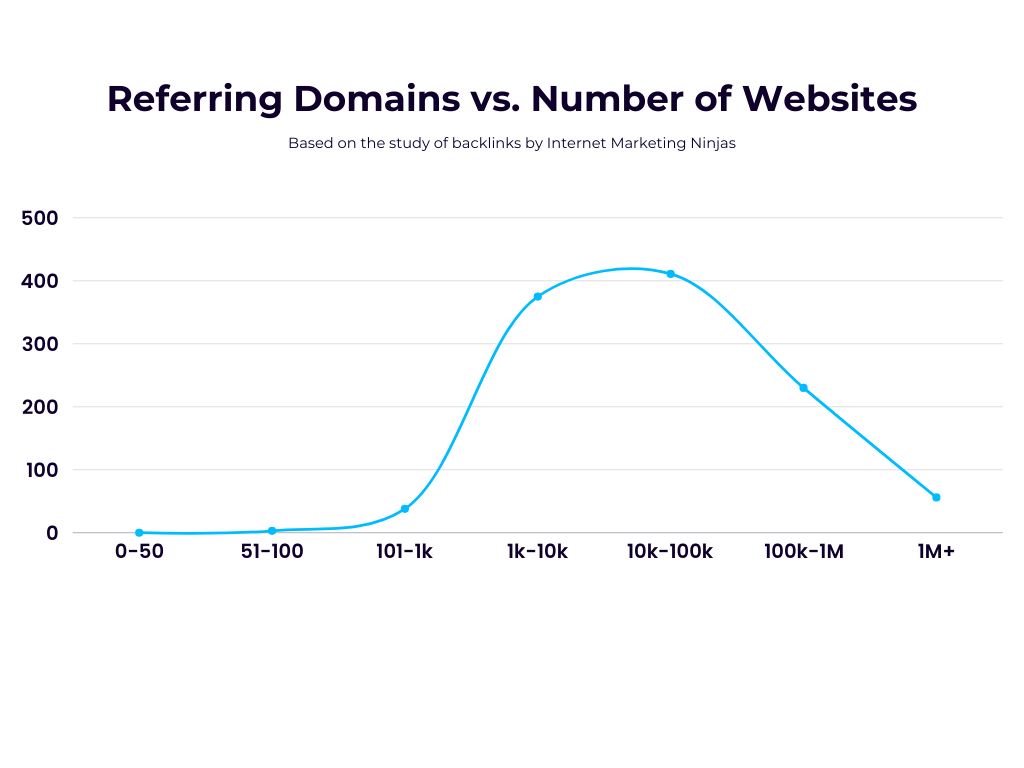Last Updated on June 10, 2024 by
Following statements at SERP conf 2024 from Google search analyst Gary Illyes, SEOs globally had been led to believe that Google “need very few backlinks to rank a website”. However, Internet Marketing Ninjas’ study into these claims has proven that even Google don’t have a cohesive view of how their search algorithm is operating.
What do Google say about backlinks?
There’s always three sides to a story: your side, my side and the truth. But, when it comes to claims Google has made about their search algorithm, there’s two sides: what Google thinks is happening and the truth.
Statements from Google’s team have led the SEO community to believe that focus on backlinks was ready to be decreased, putting more focus on helpful content and user satisfaction in the SERPs (we won’t even begin to mention Google’s search generative experience, here, but what a mess that turned out to be!).
Yes, we can argue that in niche cases, this advice will be applicable or somewhat true – a small local shop doesn’t need to compete with a supermarket that isn’t nearby, but with AI gnawing away at the SERPs, keyword ranking difficulties have shunted upwards. If you’re aiming for those higher-ticket keywords, can you get away with “a few backlinks” and still boost performance?
The Backlink Study
Internet Marketing Ninjas decided to find out for themselves whether these bold claims about backlinks are applicable to brands aiming for commercial search terms with a large competitive demand.

Based on Internet Marketing Ninjas’ data, we can see, in the above graph, that the majority of websites included in this backlink study exceeded the 1000 backlink mark – proving that the inverse of Google’s claims is true in practice. These results reinforce the importance of high quality backlinks for commercial brands seeking growth in 2024 and gain inbound leads or customers through Google’s SERPs.
Additionally, the graph highlights how there is a point of diminishing return when it comes to external links – this point being beyond the 100,000 backlinks mark. As Google have said before, spam is not their cup of tea, and it is clear that, with backlinks, they’re upholding the same principles as with content spam, scrutinising high volumes with low/minimal value offered to a websites users or consumers.
Does my Link Building Strategy need to change?
The mountains of data gathered through the investigations of this study has proven to be incredibly valuable in regards to actionable, tangible insights for SEOs. In reality, we do not need to be panicking and altering our SEO strategies to heavily rely on the other two pillars, other than backlinks, that support an effective SEO campaign: optimised content and solid technical SEO. But we do still need to ask the following questions when we establish backlinks to maintain a high quality and keep websites on the rise in Google’s results through newly gained authority:
- How much authority does this referring domain have? How much authority does this particular linked page hold?
- What is the anchor text for this link? Can this be further optimised to incite larger click through rates?
- Will this link receive clicks? How many is it receiving now? Will this increase or decrease over the next 12 months?
Essentially, what I’m saying is that you should trust your intuition, and if you’re operating on SEO best practices, regardless of Google’s ramblings, you’re still going to get great results through gaining quality backlinks. As Google continue to prove by letting their core staff release misleading statements, they’re not a reliable, trustworthy or authoritative source for information on their own SERPs. How ironic is that?


